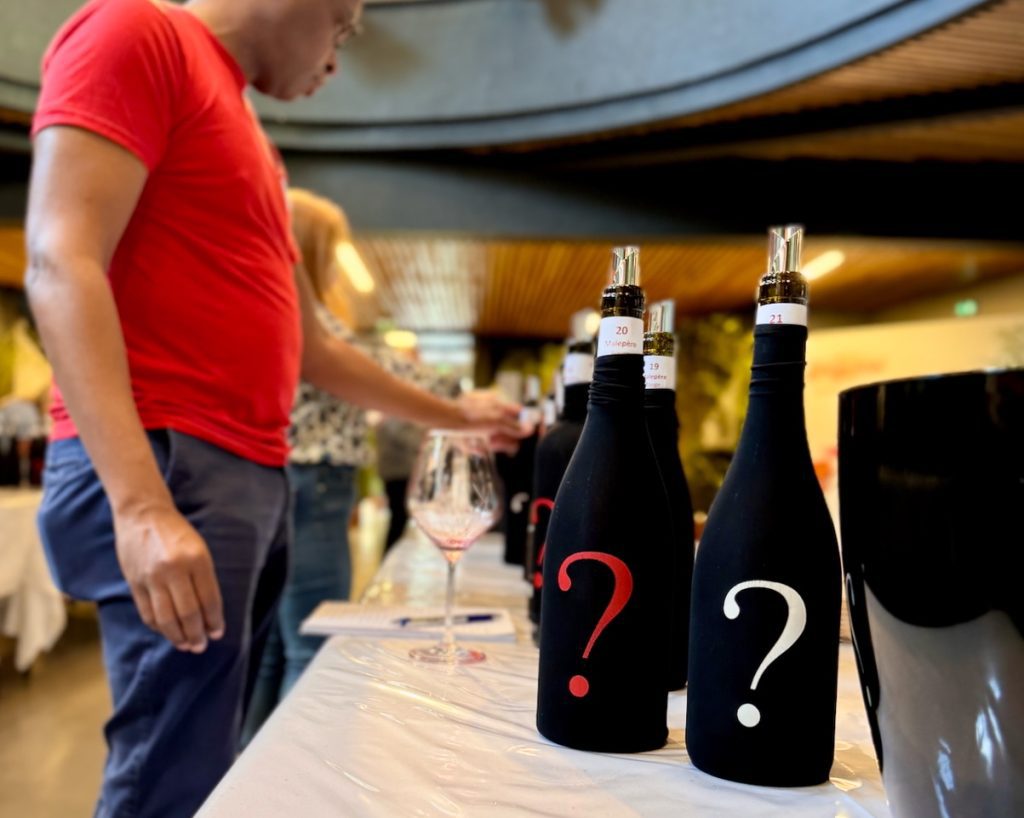Circle Chair Meg Maker reflects on how humility and curiosity — not expertise alone — make the finest wine writers.
There’s a nonprofit in my town (Lyme, New Hampshire; population 1,730) dedicated to education about the forests of northeastern America. They create materials about forest ecology, conservation, and stewardship, publishing a print quarterly called Northern Woodlands along with a blog and newsletter.
They recently hired a new executive director and publisher, Jackson Saul. Among other things, Saul’s taken over production of blog series called “This week in the woods.” The job — if you can even call this work — is to wander the landscape taking pictures, then pen brief descriptive notes and post it all as a gallery on their channels.
His lens is good, his captions are captivating, and the results reveal a keen ability to spot the unusual and ferret out its story. (No wonder; Saul has an MFA in creative writing and previously worked for a literary journal.)
Even so, the exercise makes him tingle with imposter syndrome. “The blog might give the false impression that I am a most suitable person to inform others on the ecology of the region, but I learn much of what I share while I draft each post,” he wrote. “I take photos from a place of curiosity, sometimes before identifying a species or phenomenon, delight in the excuse to research it, and then present the material as if I’ve known it all along.”
But that’s the point! Nature is vast and mesmerizing and confounding, and weather and climate and season add delicious complexity. It’s impossible to know it all, and we don’t expect you to. If we are to learn about the natural world, we don’t need someone who’s expert about everything. We need is someone who’s curious about everything.
It’s the same with wine. Wine is vast and frequently bewildering. The domain stretches far beyond viticulture and enology to embrace geology, geography, history, economics, politics, religion, material culture; I’m sure I’ve missed a handful. Wine is stuffed with memorizable facts but also slippery with opinion. It’s scientific and aesthetic, calculable and inestimable. It’s about fashion and taste and commerce and beauty and culture. Even tenured wine experts bump into things that are novel, surprising, or just plain “news to me.”
Of course, wine communicators need far more than baseline wine knowledge to write persuasively. We need a high level of expertise even to know which questions to ask, or to recognize when something’s interesting enough to be worth writing about. We don’t need to know it all, but we do need to educate ourselves as broadly as possible. The best way to do that is to do what Saul does every week in the woods: to approach our subject with humility, ask questions, find answers, and share the news with others.
Photo credit: Meg Maker

